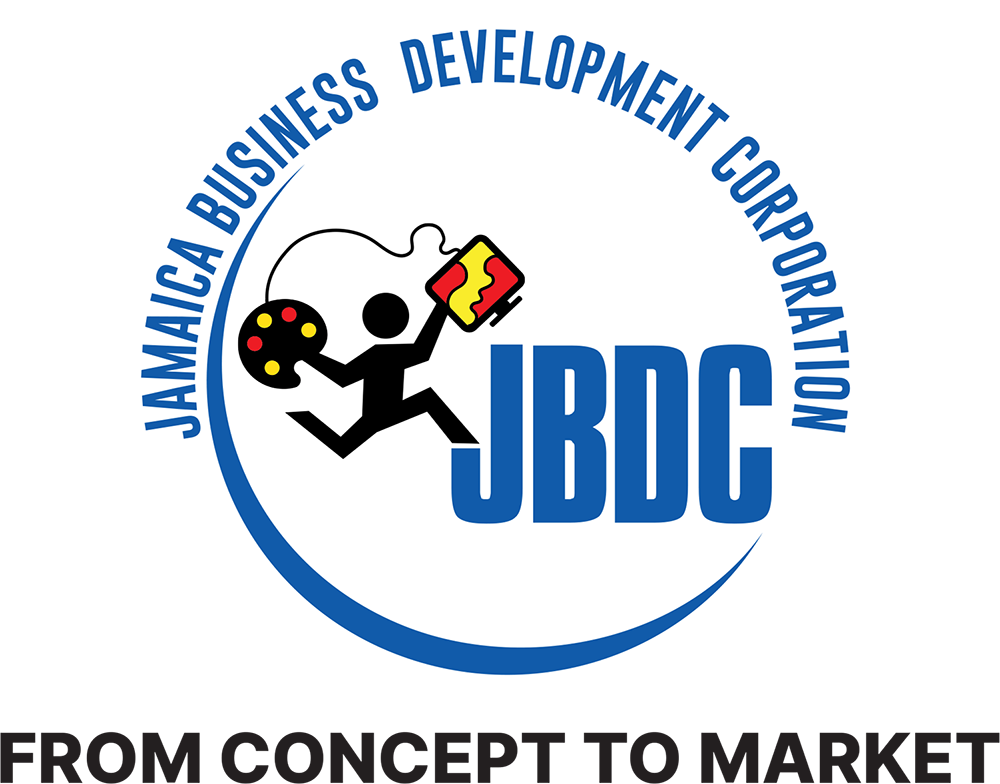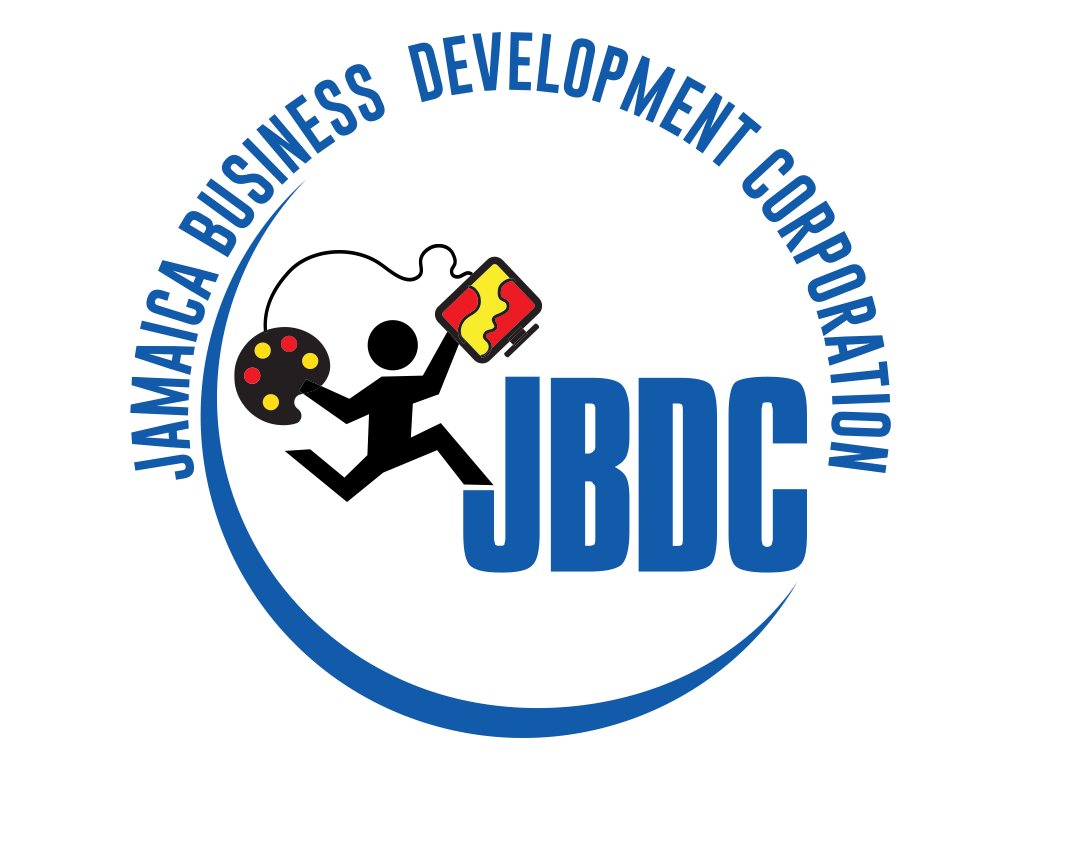Digital solutions have given Micro, Small & Medium-Sized Enterprises (MSMEs) the unparalleled opportunity to grow and stay competitive with minimal resources. By embracing technology, businesses can streamline operations, reduce costs, and ensure their staff has the resources to perform their roles efficiently.
For years, ‘Big businesses’ have been leveraging technology. Now, MSMEs have the opportunity to level the playing field. The Entrepreneur Weekly presents 10 digital tools that your staff should be using to improve efficiency across various areas of your small business.
1. Google Workspace – Document Processing and Cloud Storage
Google Workspace (formerly G Suite) is a collection of cloud-based productivity tools that includes Gmail, Google Drive, Google Docs, Sheets, and Meet. This is a must-have for small businesses that need cloud storage, communication tools, and team collaboration.
2. Microsoft 365 – Document Processing and Cloud Storage
Microsoft 365 is a family of productivity software, collaboration and cloud-based services owned by Microsoft. Microsoft Teams, Outlook, Microsoft Word are just a few of the productivity tools for your staff.
3. QuickBooks – Accounting and Invoicing
QuickBooks is a robust accounting software tool designed for small businesses. It helps with tracking income and expenses, generating invoices, and managing payroll. With its user-friendly interface, QuickBooks allows your staff to manage finances without needing deep accounting knowledge. It also integrates with many other business tools for easier management of financial tasks.
4. Canva – Graphic Design and Visual Content Creation
Canva is an intuitive graphic design tool that helps businesses create visual content without the need for professional design skills. Whether creating social media posts, flyers, or presentations, Canva’s templates and drag-and-drop editor allow staff to design professional-looking visuals quickly.
5. Internet of Things (IoT) – Devices
IoT refers to the network of interconnected devices and systems that communicate with each other, enabling automation, data sharing, and improved decision-making. In the workplace, IoT Devices could be smart printers & office equipment, light and temperature sensors, security cameras and other smart devices that can analyse data and produce output that facilitates continuous improvement.
6. Zoom – Video Conferencing and Virtual Meetings
Zoom has become synonymous with remote communication and virtual meetings. It’s one of the most popular video conferencing platforms for businesses of all sizes. Whether you’re conducting team meetings, client calls, or webinars, Zoom provides high-quality video and audio, screen sharing, and breakout rooms for efficient collaboration.
7. HubSpot – Customer Relationship Management (CRM)
HubSpot is a powerful CRM tool that helps small businesses track and manage customer interactions, sales, and marketing efforts. With HubSpot, your staff can automate emails, track customer behaviour, and maintain detailed profiles on leads and clients. This tool ensures your team has all the information they need to provide exceptional customer service.

8. ChatGPT – Artificial Intelligence (AI)
Forbes says, “Small businesses are actually in a great position to make the most of AI.” ChatGPT is an AI platform that is able to process human input and generate responses. The potential for ChatGPT to help businesses is huge. It can help enhance customer support, streamline operations, get data-driven insights and personalise experiences. A smart way to get started is by identifying small, specific challenges such as reducing response times for customer inquiries or improving inventory predictions and testing solutions that target those areas first.
9. Hootsuite – Social Media Management
Hootsuite is an essential tool for small businesses that need to manage multiple social media accounts. With Hootsuite, staff can schedule posts, track social media engagement, and analyse performance all from one platform. It’s ideal for saving time on social media marketing while ensuring a consistent online presence
10. Mailchimp – Email Marketing Software
Mailchimp is an email marketing platform that allows businesses to create campaigns, send targeted emails, and automate marketing efforts. It provides a range of features like customisable templates, audience segmentation, and detailed analytics to track the success of campaigns. Mailchimp also integrates with various other tools, allowing for better data management and more effective marketing strategies.
Email Marketing tools help you to keep your customers in the loop with offers, sales, and other information through targeted messages. Staff must be able to use this software to communicate with customers, mine data and drive revenue.
FREE DIGITAL TRAINING
By integrating these 10 digital tools into your business, your staff can enhance their productivity, collaborate more effectively, and manage their tasks more efficiently. But how?
The Jamaica Business Development Corporation (JBDC) invites you to register for the Digital Jamaica Training. The Training is designed to help entrepreneurs plug digital tools into their business to grow, streamline operations and boost revenues.
The training is FREE. We are coming to your parish soon. Apply now at www.jbdc.net/digitaljamaica.










